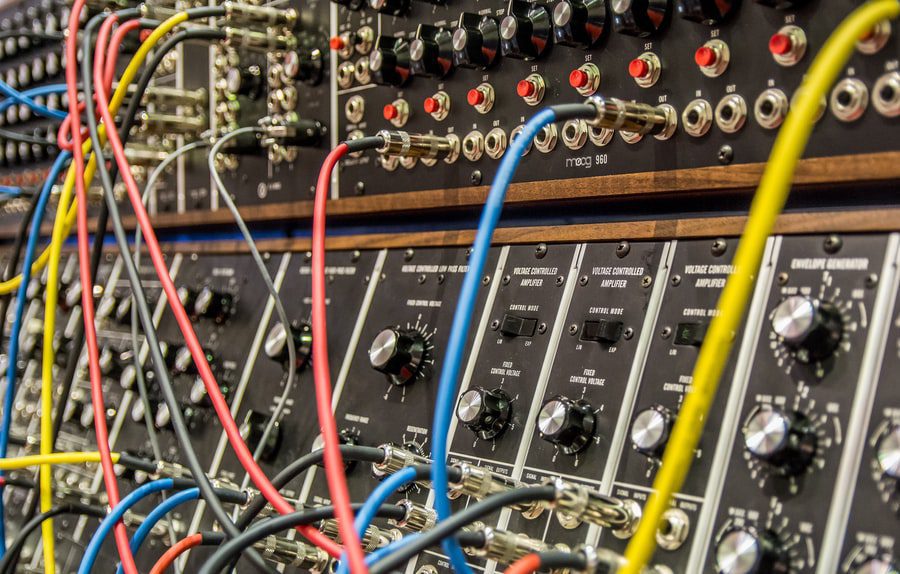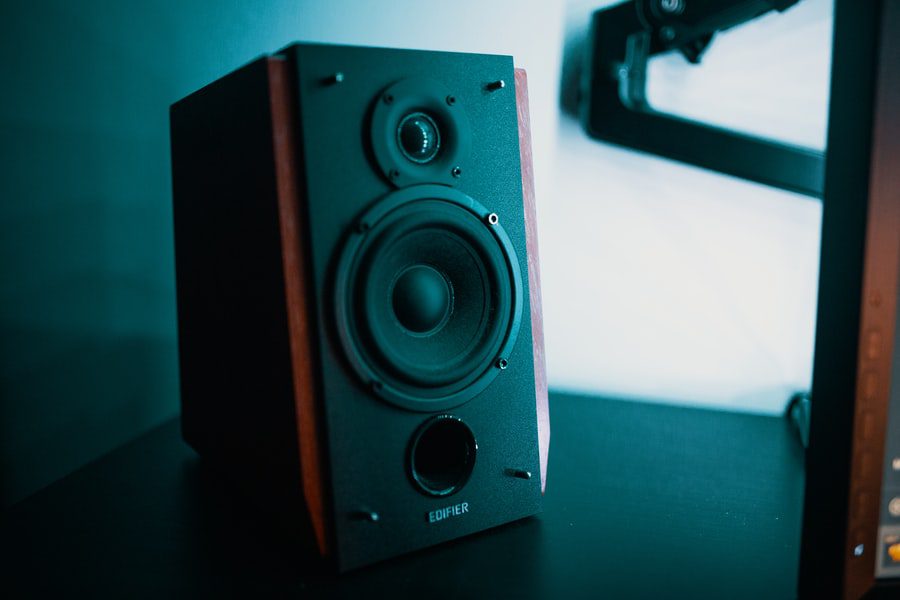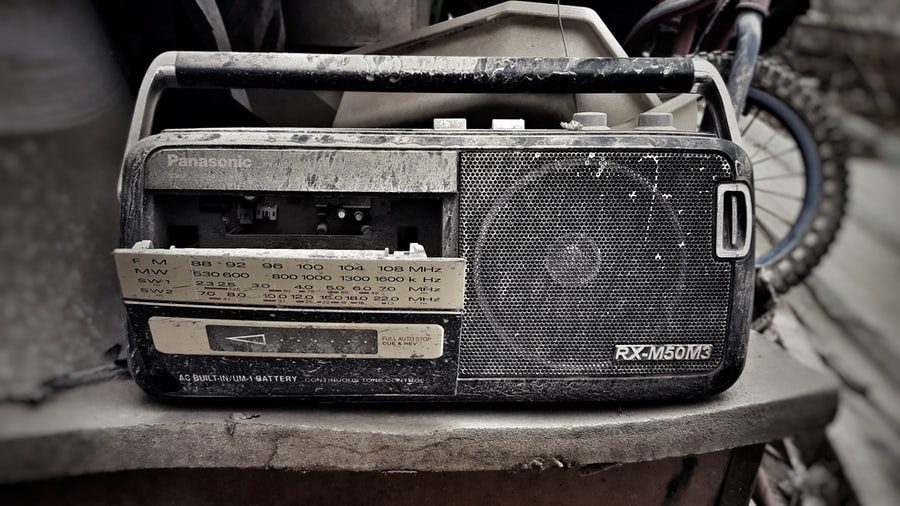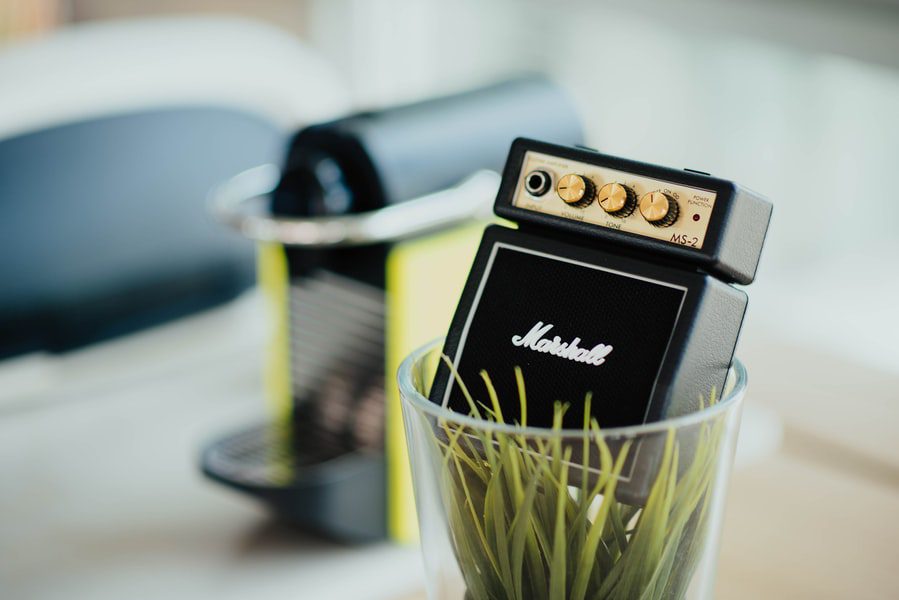It can be annoying to find that your speakers sound muffled. This happens for a number of reasons including broken components within the speakers, improper installation, and interference. Muffled sound can cause your mids and highs to sound like they are coming out of a box in the corner of the room.
The most common reasons that your speakers sound muffled are faulty wiring, broken parts, a weak audio source, incorrect speaker placement, or low power rating on your speakers or your amp.
Table of Contents
- The top 5 reasons for Muffled Sound
- 1. Your Speakers Were Installed with Faulty Speaker Wire
- 2. Your Speakers Have Broken Parts that are Affecting Sound Quality
- 3. Your Audio Source Can’t Handle the Speakers
- 4. Your Speakers Are Placed Incorrectly
- 5. You Are Using Your Speakers Over Their Limit
- 6. You Are Using Your Amp Over Its Limit
- Final Words on Muffled Surround Sound
The top 5 reasons for Muffled Sound
Once you determine what is causing the muffled sound, you can look for a way to fix it. Take a look at some of the causes and solutions below.
1. Your Speakers Were Installed with Faulty Speaker Wire

One of the most common causes of muffled speakers is faulty wiring. People often make the mistake of reversing their polarity when they install them.
This means that the negative terminal of the amp is connected to the positive terminal, and the positive terminal is connected to the negative terminal.
The problem is that it can cause some of the mid-range and low frequencies to be canceled out, which can lead to a muffled sound coming from your sound system.
In addition, there are times that the installer didn’t match the impedance of the speakers with the receiver or the amp in your surround sound system. They need to match to get the best sound. There are different ways to match it to avoid having your speaker sound muffled.
If you want to fix muffled sound, you can take two speakers with impedance ratings of 4 ohms each and connect them to an amp that is 8 ohms. As long as you connect the two speakers in a series with speaker cable, it comes out to 8 ohms.
You can also look for an impedance switch on some receivers or amps, which allows you to match it to all the speakers.
2. Your Speakers Have Broken Parts that are Affecting Sound Quality

When your speakers have broken parts, it is common to experience muffled sounds coming from them. Most of the time, this happens as a result of blowing out the speakers through overheating them or playing them at too high of a volume, but it can also happen when you have a damaged crossover or capacitor.
If you think your speakers are blown, you need to remove the grill and look to see if the foam has been compromised or the speaker has pulled away from the speaker coil. If they have been overheated, you might notice that there is sticky residue around the coil.
If your crossover is damaged, you may have noticed the sound losing quality over time, and it results in a muffled sound. The capacitors are part of the crossover, and you can look to see if they have a brown crusty substance on the caps, if they have lost their form, or if they are blown.
At this point, they can’t hold voltage, so you might need to recap them.
If any of these issues apply to your speakers, you may be able to repair them, or you may need to replace them. It depends on how damaged they are.
3. Your Audio Source Can’t Handle the Speakers

If you have top-quality speakers, you need an audio source that is capable of getting the most out of them. Your audio source can be the soundbar, the television, the phone sound, or the audio processor, and if it is low quality, it often is unable to clean unclear audio.
The best way to find out is to try different audio sources. With sound systems, you might find that you need a higher quality source to experience the quality sound of the speakers and avoid muffled audio.
4. Your Speakers Are Placed Incorrectly

Speaker placement can cause your speakers to sound muffled. Sometimes people place them inside of cabinets, and this can block the sound waves.
When this happens, the sound comes out muffled due to reverberation. Your speakers should be in an open space where the waves aren’t inhibited, and your audio will be clear again.
You can install some speakers in the wall or place them behind a screen, but you need to take steps to make sure that this type of installation works for your speakers.
Speakers should be in-wall rated if you want to install them that way, and any screen you use should be acoustically transparent so that they don’t block the sound.
5. You Are Using Your Speakers Over Their Limit
Your speakers have a power rating, and it varies by price and brand. If your speakers have a power rating of 100 watts, this means that you can drive them at 100 watts continuously.
However, they can read 300 watts for smaller periods of time. If you continue driving them at 300 watts, they won’t always be able to reproduce all of the audio signals.
The first thing you need to do is determine your speakers’ power ratings. If you are playing them over their power rating, you need to turn the volume down on your receiver or your amp to eliminate the muffled sound.
6. You Are Using Your Amp Over Its Limit
Amps also have different power ratings, and this tells you how much power can come out of each channel. Some manufacturers aren’t 100% honest about their power rating specs, which can lead you to think your amp has a higher power rating than it actually does.
In addition, manufacturers may test their amps and measure the power rating in a room with perfect acoustic conditions.
If you try to use 100% of your amp’s power rating, you may find that the surround sound is muffled. You can usually take your amp to 70% of its power rating, so this is the best way to solve this problem.
Final Words on Muffled Surround Sound
When you have a muffled surround sound coming out of your speakers or monitors, you will want to know what happened and solve the problem. There are a number of different causes that you can troubleshoot.
First, you need to make sure that your speakers haven’t been blown, and you should check the wiring to make sure that they are installed properly.
You may have broken parts to the speakers, or you could find that you are pushing the speakers or the amp over their power ratings which can cause muffled surround sound quality.
Make sure that your audio source is capable of handling the quality of your speakers, and don’t place your speakers in a closet or a cupboard where the sound waves can be blocked.
- Review of the ALABS IRON MINI-WL: A Powerhouse Wireless Microphone - October 4, 2023
- What is a Saturator in Music Production: A Brief Explanation - May 11, 2023
- What Are Rotary DJ Mixers? An Overview - May 11, 2023
SoundStudiomagic.com is a participant in the Amazon Services LLC Associates Program, an affiliate advertising program designed to provide a means for sites to earn advertising fees by advertising and linking to Amazon.com. We also participate in other affiliate programs which compensate us for referring traffic.

